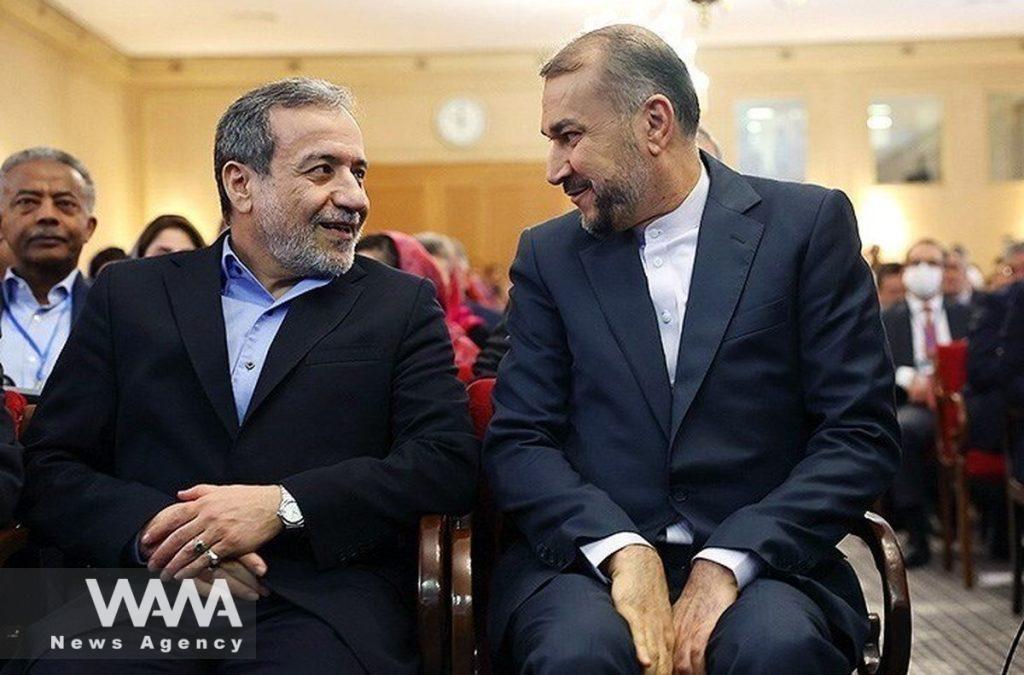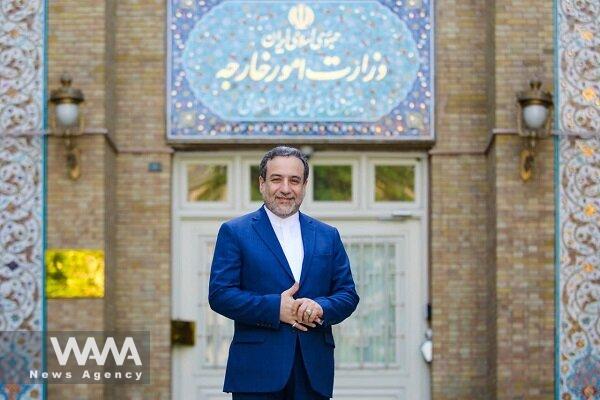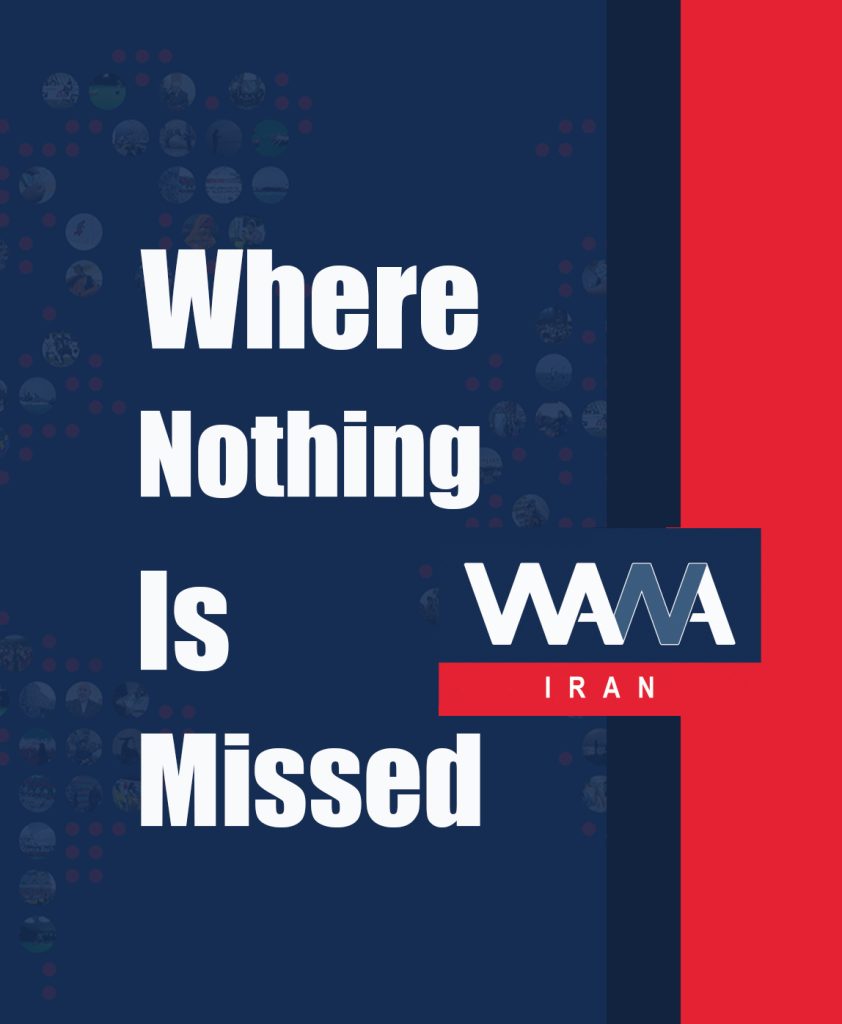Araghchi trip to Geneva officially denied
WANA (Feb 26) – It was rumored since yesterday that Abbas Araghchi, a former member of Iran’s nuclear talks in Dr. Zarif’s team, went to Geneva with the current Iranian Foreign Minister, Dr. Amir Abdullahian.
At the time of signing the JCPOA agreement, Abbas Araghchi was the second member of the nuclear negotiating team and Iran’s representative in the JCPOA Joint Commission. During the tenure of Saeed Jalili, he was also present in the nuclear negotiations as a representative of the Ministry of Foreign Affairs.
Earlier, for unknown reasons, the rumor of Abbas Araghchi’s presence in the visit of the Minister of Foreign Affairs of Iran to Switzerland was spread.
This news was first published by a Greek media. This media claimed that Abbas Araghchi went to Geneva with Amir Abdullahian and is staying in a hotel in this city.
The news of Araghchi’s trip to Geneva had an impact on the foreign exchange market in Iran and caused prices to fall. Because they thought that the nuclear agreement might be revived with Araghchi’s trip to Geneva. Some interpreted this trip as a positive signal.
But today, sources who have more information announced that the company of Abbas Araqchi with Amir Abdullahian in the trip to Geneva is false.
This false news was published by some western journalists on Twitter, and then some domestic Telegram channels also published it without checking the authenticity of the news.

Abbas Araghchi, a former member of the nuclear negotiating team (L) and Amir Abdullahian, Iran’s foreign minister (R). Social Media / WANA News Agency
Recently, Abbas Araghchi, the secretary of the Strategic Council of Foreign Relations and a member of Iran’s nuclear negotiating team before the presidency of Ebrahim Raisi, said in a TV program about the “dangerous project against Iran”.
In that interview, Araghchi announced that what kept America, three European countries, Russia and China as the top six powers and Germany, which is one of the biggest powers in the world, in negotiating with Iran, and what forced the US foreign minister to agree to negotiations and what forced them to give concessions was the power of the Islamic Republic of Iran and the components of Iran’s power.
“It was not only the power of diplomats; They (the six powers of the world) also have an art (in diplomacy), but the diplomat speaks based on the components of the power behind him. If there is no real power to back you up, the talk will go nowhere… One of the components of our power was our missiles, which did not allow anyone to attack our nuclear facilities.” Araghchi said.

Abbas Araghchi, a former member of the nuclear negotiating team. Social Media / WANA News Agency













User comments